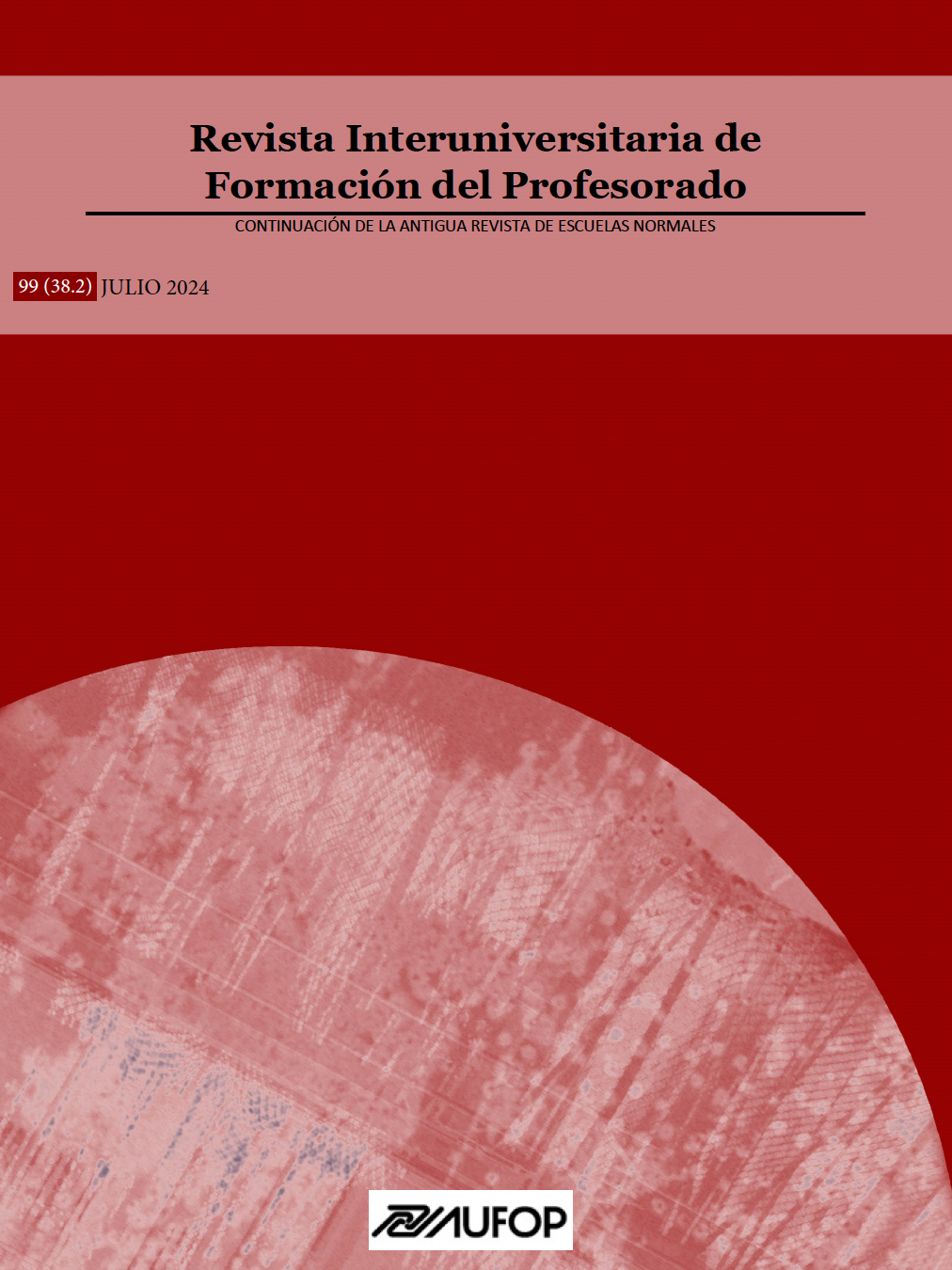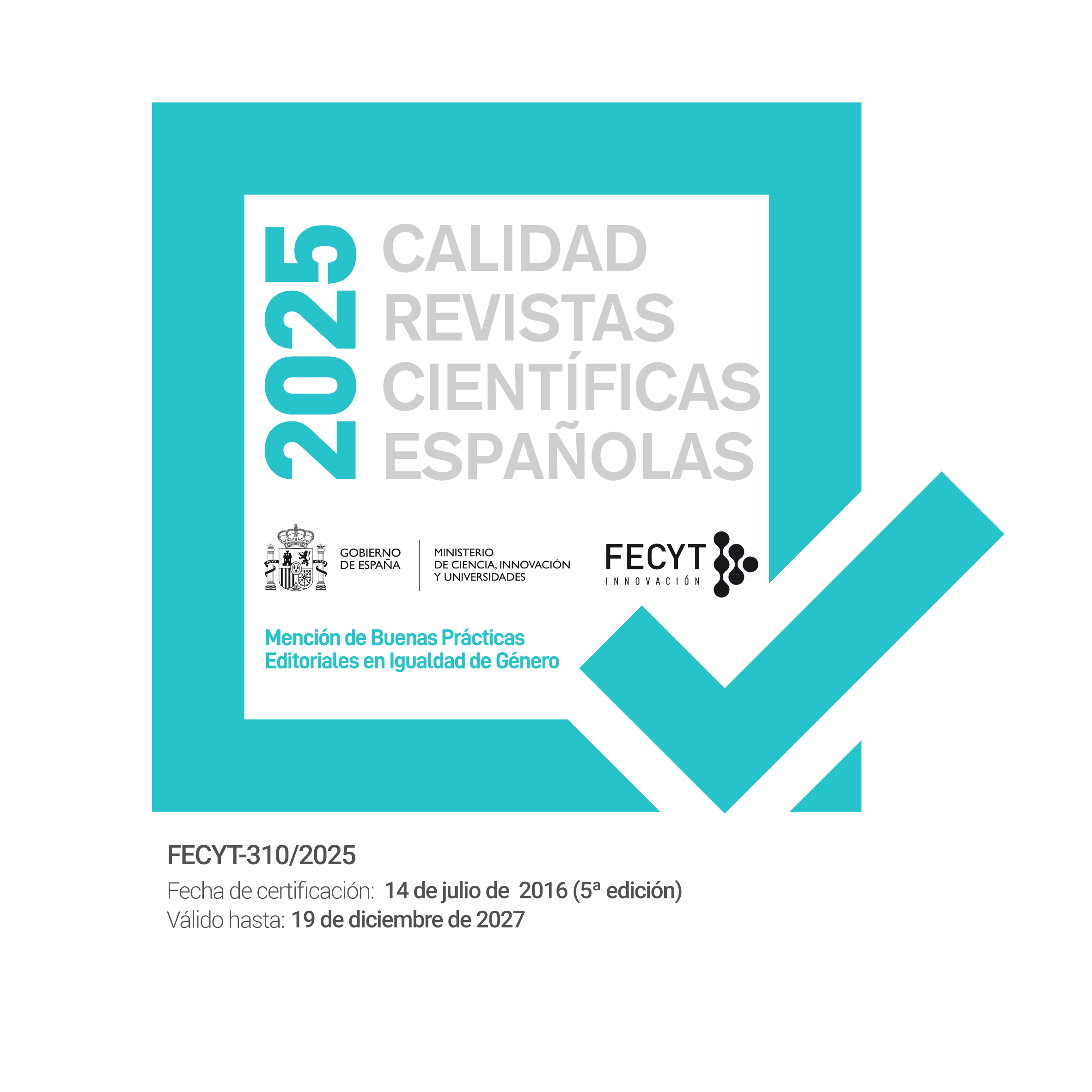Historical relevance of the Early Modern Age in teacher training
DOI:
https://doi.org/10.47553/rifop.v99i38.2.100480Abstract
This is a study on the perception of historical relevance of future teachers at the Faculty of Education of Albacete (University of Castilla-La Mancha, Spain). Historical relevance is a second-order concept of historical thought fundamental to teacher training. To this end, 195 questionnaires carried out by students of Early Childhood Education, Primary Education and Secondary Education have been analyzed. The research focuses on determining what substantive contents of history are considered relevant in general and of the Early Modern Age in particular. Historical relevance implies a reflection from a critical perspective on the part of future teachers about what the historical contents to be taught should be, how and for what purpose. A mixed methodology has been used for this, combining quantitative and qualitative techniques. The results obtained confirm the need to redefine historical education. Students reproduce knowledge based on isolated facts or concepts removed from context; present a chronological confusion of the main historical periods and processes; and define a teaching of history based on the transmission of a collective memory of the nation.
Downloads
Published
How to Cite
Issue
Section
License
The "Revista Interuniversitaria de Formación del Profesorado (RIFOP)", with ISSN print 0213-8646 and ISSN electronic 2530-3791), adheres to the copyright notices proposed by Creative Commons
Authors’ rights
Papers published in the journal are subject to the following terms:
1. The Asociación Universitaria de Formación del Profesorado (AUFOP) is the editor of the RIFOP and holds the copyright of the papers published therein. The reuse of these is allowed under the license for use as indicated under point 2.
© Asociación Universitaria de Formación del Profesorado (AUFOP)
2. The papers are published in electronic version under the license CreativeCommons Reconocimiento-NoComercial-SinObraDerivada 3.0 España (texto legal). Papers can be copied, used, disseminated, transmitted and publicly exhibited provided that: i) the authorship and original publication source are cited (journal, editors and URL of the paper); ii) they are nit used for commercial gain; iii) the existence and specifications of the license for use are mentioned.
3. Auto-archiving conditions. Authors are allowed and encouraged to disseminate electronic pre-print versions (versions prior to peer review) and/or post-print (versions reviwed and accepted for publication) of their papers prior to their publication, since this favors prompt circulation and dissemination and supposes a possible increase in cites and scope within the academic community.
Privacy declaration
The names and email addresses incorporated into this journal will be used solely for the declared purposes of the journal and will not be available for any other purposes or to third parties.






